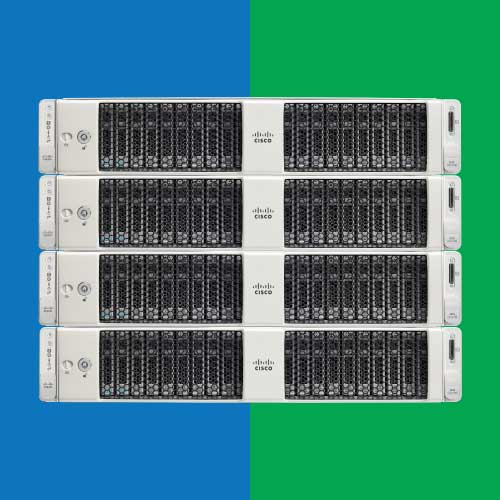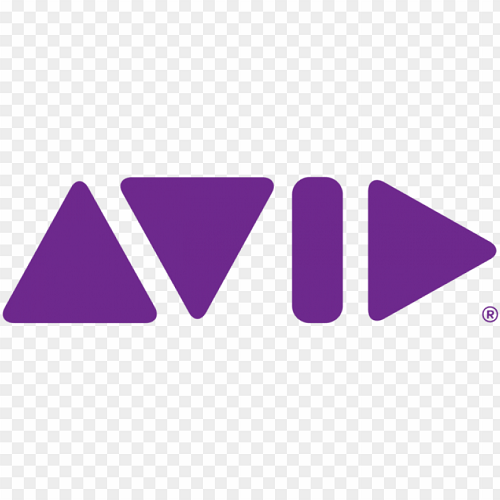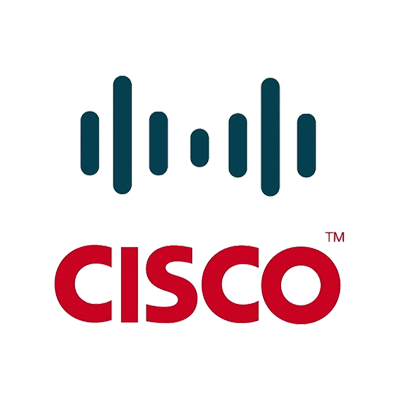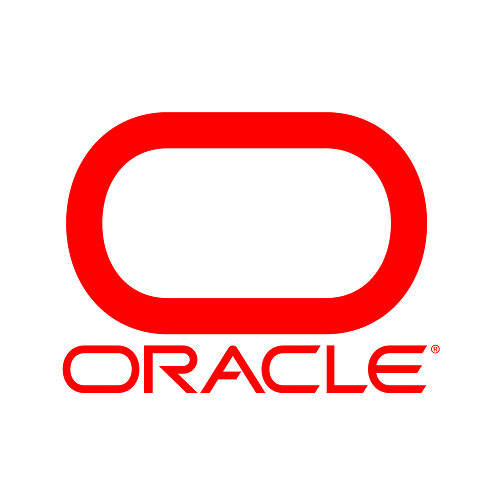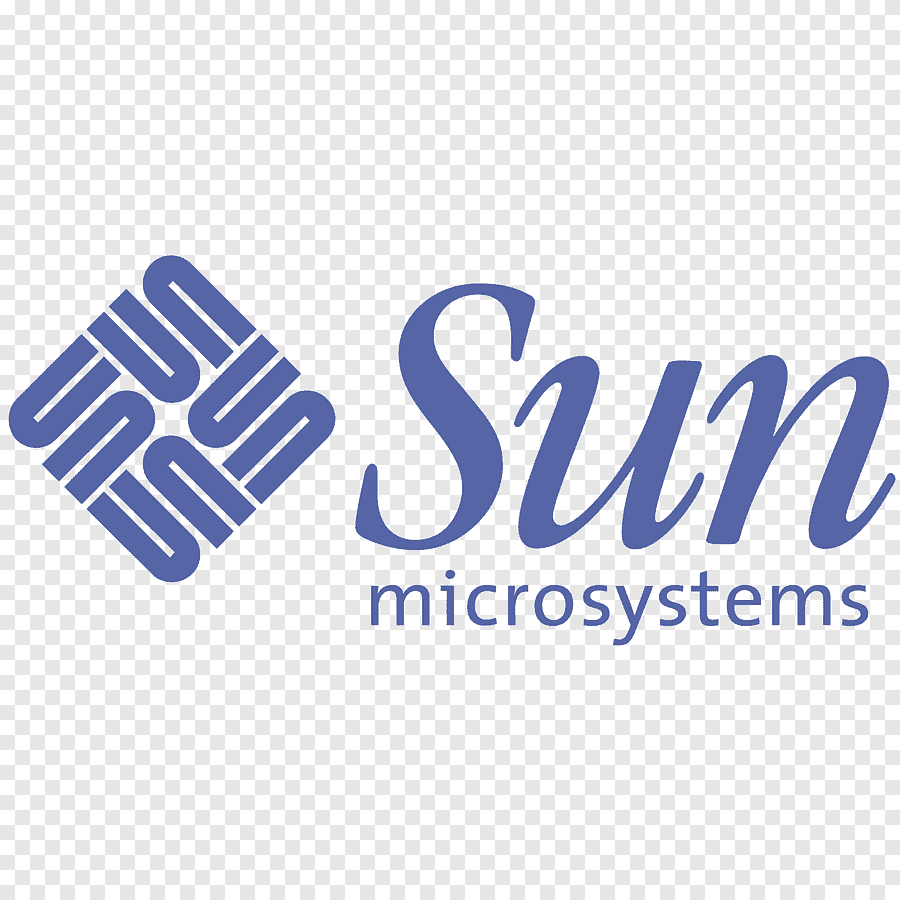|
Cisco offers a range of server solutions designed to meet the computing needs of businesses, data centers, and IT infrastructure. Cisco servers are part of the Cisco Unified Computing System (UCS), a comprehensive platform that combines computing, networking, and management into a unified architecture. Here are key aspects of Cisco servers:
-
Unified Computing System (UCS): Cisco's UCS is a converged infrastructure solution that integrates computing, networking, storage access, and virtualization into a single cohesive system.
-
Blade Servers: Cisco UCS includes blade servers, which are compact server units that can be installed within a shared chassis. Blade servers offer density and efficiency advantages.
-
Rack Servers: Cisco also provides traditional rack-mounted servers for businesses that require standalone server units.
-
Modular Design: Cisco servers are built with a modular design, allowing components to be shared and managed across multiple servers within a UCS domain.
-
Integrated Networking: UCS servers incorporate Cisco's networking technology, enabling seamless integration with data center networking infrastructure.
-
Fabric Interconnects: Cisco UCS Fabric Interconnects act as the central nervous system of the UCS system, providing unified management and communication between servers, storage, and networking.
-
Unified Management: Cisco UCS Manager is a centralized management platform that offers a single interface for configuring, provisioning, and monitoring servers, storage, and networking.
-
Service Profiles: Service profiles in UCS enable rapid server provisioning and consistent configuration management across multiple servers.
-
Scalability: Cisco servers and UCS can scale horizontally by adding additional blade or rack server units as needed.
-
Virtualization Optimization: Cisco UCS is designed to optimize virtualized environments, providing integration with leading virtualization platforms like VMware, Microsoft Hyper-V, and others.
-
High Performance: Cisco servers are engineered for high performance and are suitable for demanding workloads such as virtualization, databases, and data analytics.
-
Compute and Memory Density: UCS servers can provide high compute and memory density, making them suitable for applications requiring significant computational resources.
-
Converged Infrastructure: Cisco UCS servers are part of a larger converged infrastructure strategy that seeks to simplify data center management and reduce complexity.
-
Reliability and Redundancy: Cisco UCS offers features like fault tolerance, redundancy, and high availability to ensure business continuity.
-
Unified API and Integration: Cisco UCS provides APIs and integration points for third-party management tools and applications, enhancing automation and orchestration capabilities.
Cisco servers are popular among data center operators, enterprises, and organizations looking to build modern, efficient, and flexible IT infrastructures. Their integration of computing, networking, and management features makes them well-suited for the dynamic and evolving demands of today's data centers.
|
